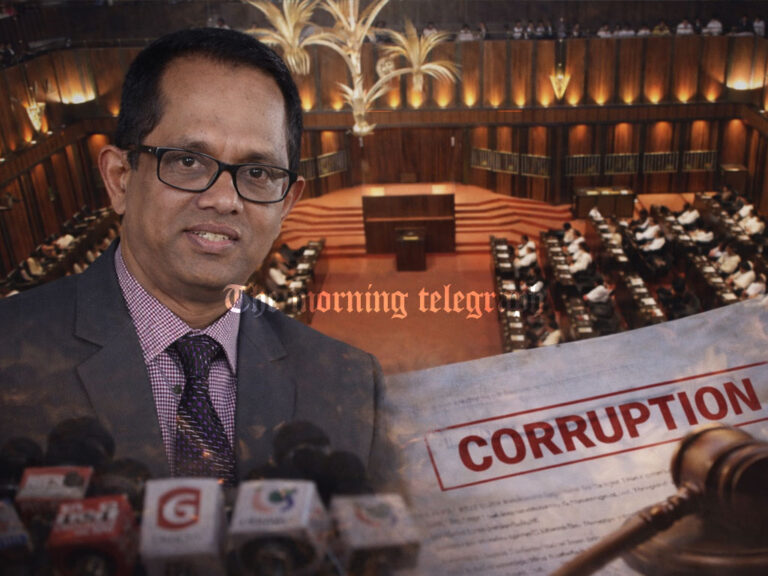
In a revealing and pointed statement during a local government election rally in Kolonnawa, Prime Minister Harini Amarasuriya shared that her office receives nearly 1,000 letters a day, the overwhelming majority of which, she says, should never have reached her desk in the first place.
Addressing supporters ahead of the May 6 local government elections, the Prime Minister explained that 90% of the issues raised in these letters are local matters—from broken streetlights to unresolved community disputes—that could easily be handled at the Pradeshiya Sabha or Urban Council level, if those institutions functioned properly.
“Believe me, I get about a thousand letters every day,” she told the crowd. “Nine hundred of them are problems that should be solved in the village itself. But they keep coming to us because they haven’t been solved where they should have been.”
The Prime Minister warned that dealing with these grassroots-level issues at the national level distracts the central government from focusing on macro policy, national reform, and long-term planning. “When I spend time on them, I can’t do what I should,” she said. “But if I don’t look at them, that’s a hundred more people whose issues remain unresolved.”
Her solution? A structural overhaul of local governance under the leadership of the National People’s Power (NPP). Amarasuriya emphasized that electing representatives aligned with the NPP’s national vision would enable a seamless flow of responsibility from the top to the grassroots, ensuring local problems are resolved efficiently without having to escalate to the Prime Minister’s office.
“This election is extremely important,” she said. “It’s about transformation. The kind of transformation that people expected from us isn’t simple—and I think we all now understand just how much has to change.”
The statement comes at a time when the NPP government is facing mounting pressure to deliver on promises of reform and efficiency. Critics have questioned whether the centralization of power within the movement has inadvertently weakened provincial and municipal institutions.
But for Amarasuriya, the May 6 election is about restoring function to the base of government, allowing the center to focus on broader national challenges while local representatives—if elected from within the movement—tackle everyday grievances.
“This journey is about all of us,” she concluded. “About how much work needs to be done—by you and by us.”
In the end, the Prime Minister’s message is as much a plea for better local governance as it is a campaign pitch: Strengthen the bottom, and the top will follow.




